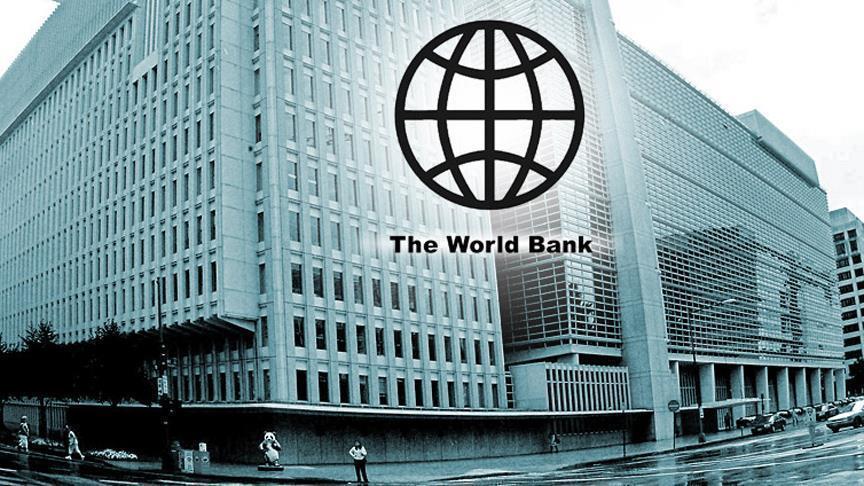According to a new World Bank report, 733 million people worldwide do not have access to electricity, while 2.4 billion people are still dependent on fuel, which is detrimental to health and the environment.
According to the media report, the recent ‘Energy Progress Report’, which is the 2022 edition of Tracking SDG7, states that by the year 2030, 670 million people will be without electricity, which is 10 million more than last year’s estimate.
The report states that the effects of the global epidemic Corona, lockdown, disruptions in the global supply chain, and the diversion of financial resources to keep food and fuel prices low have led to access to affordable, reliable, sustainable and modern energy by 2030.
Ensuring the pace of progress towards sustainable development goals is affected.
The report points out that the 90 million people in Africa and Asia who previously had access to electricity are now unable to pay for basic electricity needs.
The report points out that despite the ongoing disruptions in economic activity and supply chains, renewable energy was the only way to survive the epidemic.
However, these positive global and regional trends in renewable energy have left countries in dire need of electricity far behind.
According to the report, for the second year in a row, this situation was further exacerbated by the decline in global financial flows, which was reduced to 10.9 billion by 2019.
In 2010, 83% of the world’s population had access to electricity, which increased to 91% in 2020, thus increasing its number globally by Rs 1.30 billion.
Thus, the number of people without access to electricity was 1.2 billion in 2010, which was reduced to 733 million in 2020.
The report emphasizes that the number of new connections needs to be increased to 100 million annually to meet the 2030 target, given that at current rates of growth, only 92% of the world’s population will have access to electricity by 2030.
The report states that between 2010 and 2020, there has been steady progress in the supply of electricity in every region of the world, but such progress has also been made with wide differences.
Electricity access in sub-Saharan Africa has increased from 46% in 2018 to 48% in 2020, but the share of sub-Saharan Africa in global electricity access deficit increased from 71% in 2018 to 77% in 2020.
They also contribute to the global power deficit from most other countries, including Central and South Asia.
The report further states that the share of global population in access to clean cooking fuels and technologies has increased to 69% in 2020, which is 3% more than last year.
According to the report, a large number of people without access to clean cooking have been suffering from relative deprivation for decades.
Between 2000 and 2010, the number of such people was close to 3 billion people, or one-third of the world’s population, which by 2020 would have reached about 2.4 billion.


